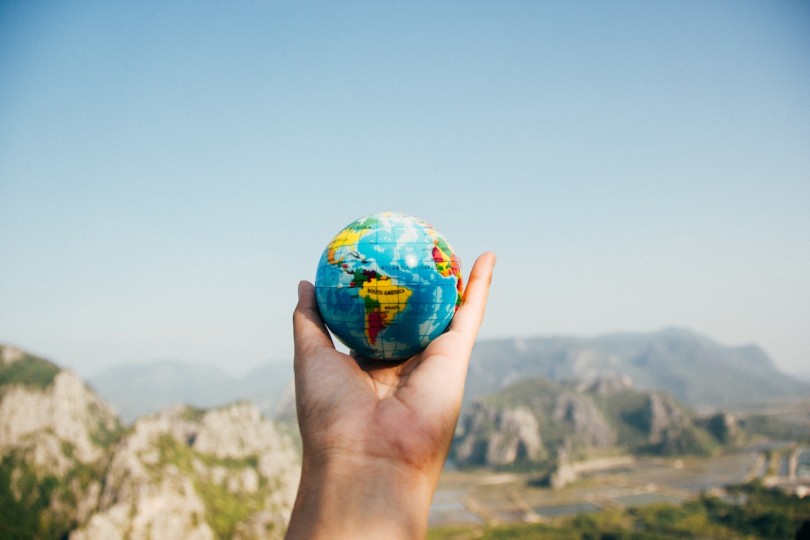Why Is the Gulf Attracting Climate Tech Businesses?
28 Jun 24
Enviro ChatThe Global News Source for the World of Science and Chemicals
25 November 2022
Enviro Chat
Historically speaking, the Middle East is a region which has built its vast reserves of wealth – not to mention its economic independence and infrastructure – on the extraction and exportation of fossil fuels. For that reason, it’s perhaps unsurprising that major oil-producing nations like the UAE and Saudi Arabia (and even the USA) have resisted urgent action on climate change in the past.
However, the past decade has witnessed a shift in approach from governments in the Gulf, as they recognize the changing political and environmental landscape. For that reason, the Middle East has invested ever-increasing amounts of money and resources into developing renewable energy sources. At the same time, however, new oil projects continue to surface, as Arab nations use their reserves to supply other parts of the globe.
For many years, the world’s biggest oil producers opposed transitioning away from fossil fuels and even questioned the science behind anthropogenic climate change. By contrast, the last few years have seen major players such as the UAE and Saudi Arabia implement concrete targets for reaching carbon neutrality.
With the publication of the UAE Net Zero 2050 plan, the Emirates became the first nation in the region to devise such a target – and the most ambitious, as well. Saudi Arabia have followed suit by identifying 2060 as the year for carbon-neutrality, while other regional oil producers such as Qatar, Israel and Turkey have also announced similar strategies.
Meanwhile, these Gulf nations are not merely paying lip service to the idea of sustainability, but are actually putting their money where their mouth is, too. The UAE has ploughed some $9 billion into solar energy in the last five years, while Saudi Arabia invested $1.5 billion into the technology in 2021 alone. Across the broader region, investment in renewables has swelled from less than a billion dollars in 2011 to $6.9 billion a decade on.
That has resulted in some of the biggest solar farms to be found anywhere on the planet, as well as a notable diversification of the region’s economic portfolio. In 2010, the Middle East and North Africa (MENA) relied on fossil fuels for 22.1% of its GDP; by 2020, that figure had fallen to 11.7%. It should be mentioned, however, that this is still considerably higher than the global average of less than 1%.
Indeed, the gradual transition to renewables does not mean that the Middle East is planning to cease oil extraction any time soon. In fact, the opposite is true, as capacity is being ramped up across the entire region. However, nations are now focusing more on exporting the commodity rather than consuming it themselves, which does not contribute to their own national emissions.
This approach is justified by the argument that there are dozens of countries and billions of people worldwide who do not have the infrastructure in place to meet their energy needs without fossil fuels. Nonetheless, the International Energy Agency (IEA) has called for no new oil projects to be started if the world is to remain on track for its target of limiting global warming to no more than 1.5°C compared to 1990 levels. With that in mind, the Middle East (and the wider world) is facing a delicate balancing act of ensuring energy security and maintaining economic stability yet still pursuing environmental objectives.
DOWNLOAD PDF

2 Day Seminar Program
@ ArabLab+ 2024
24 & 25 September 2024
Your stay in Dubai
Labkit
Product News
Chemkit
Product News
Thinking about exhibiting at ARABLAB 2024? Watch our video to find out more.
Join the world’s leading organisations…
Join our mailing list and receive the ARABLAB newsletter and event updates.